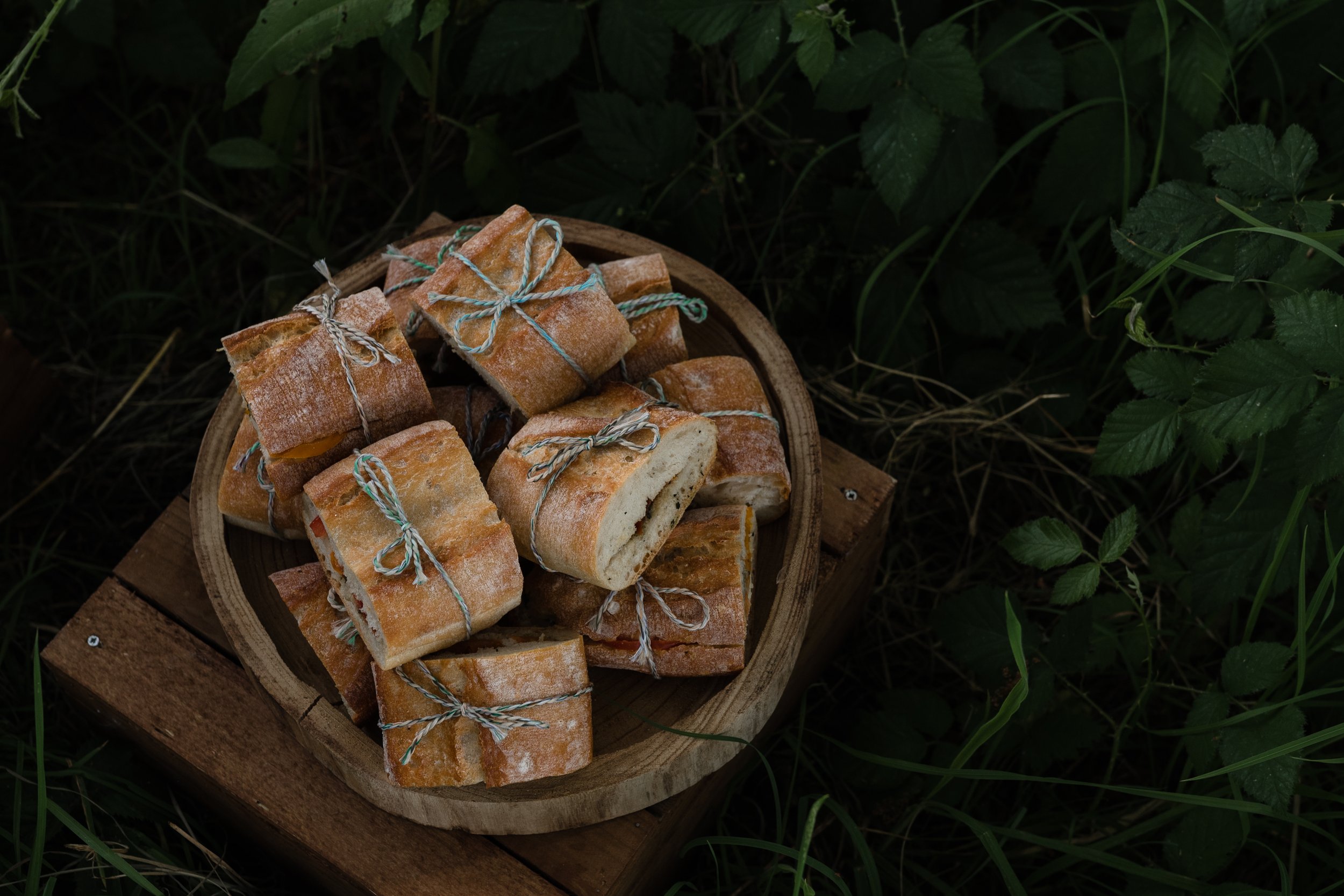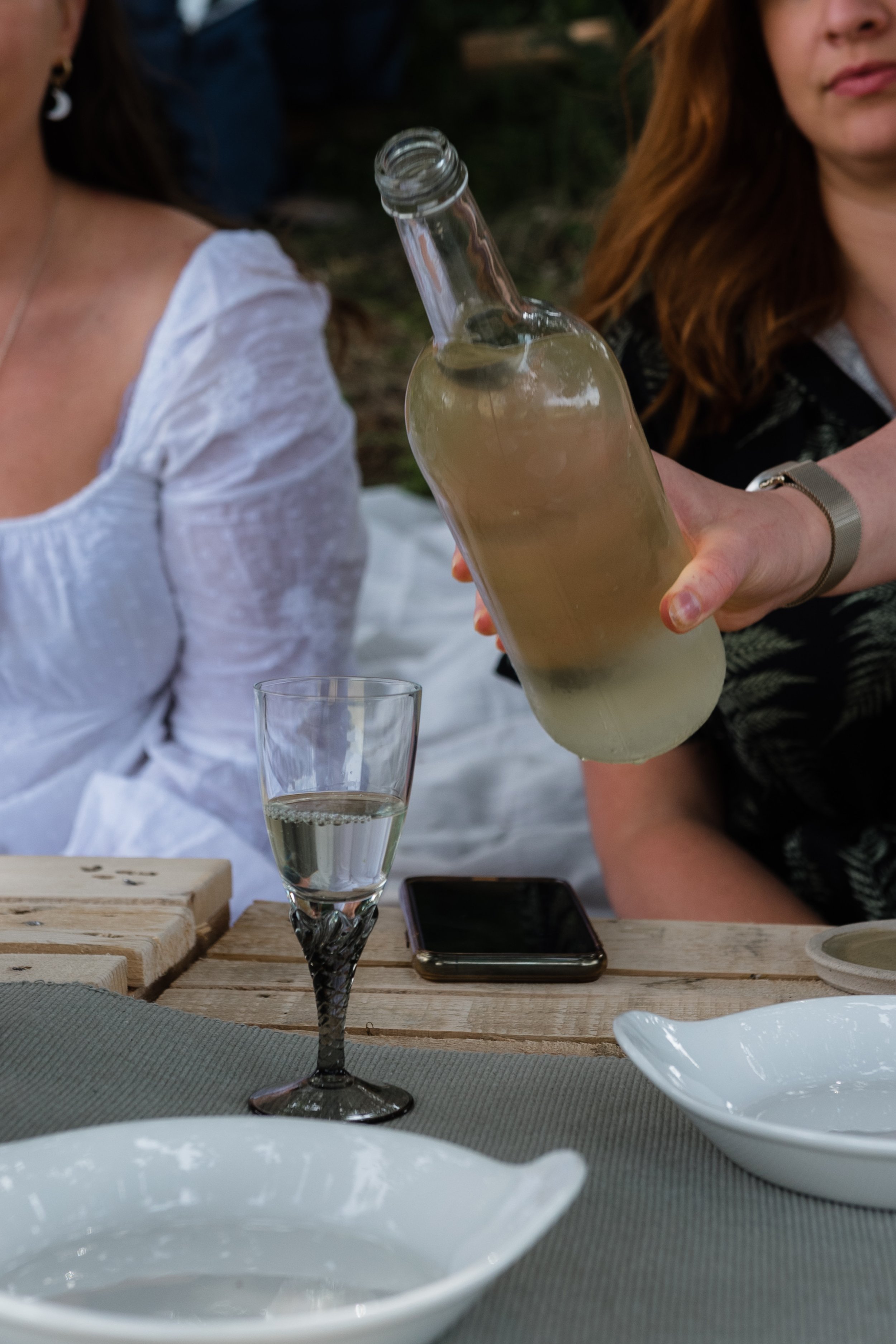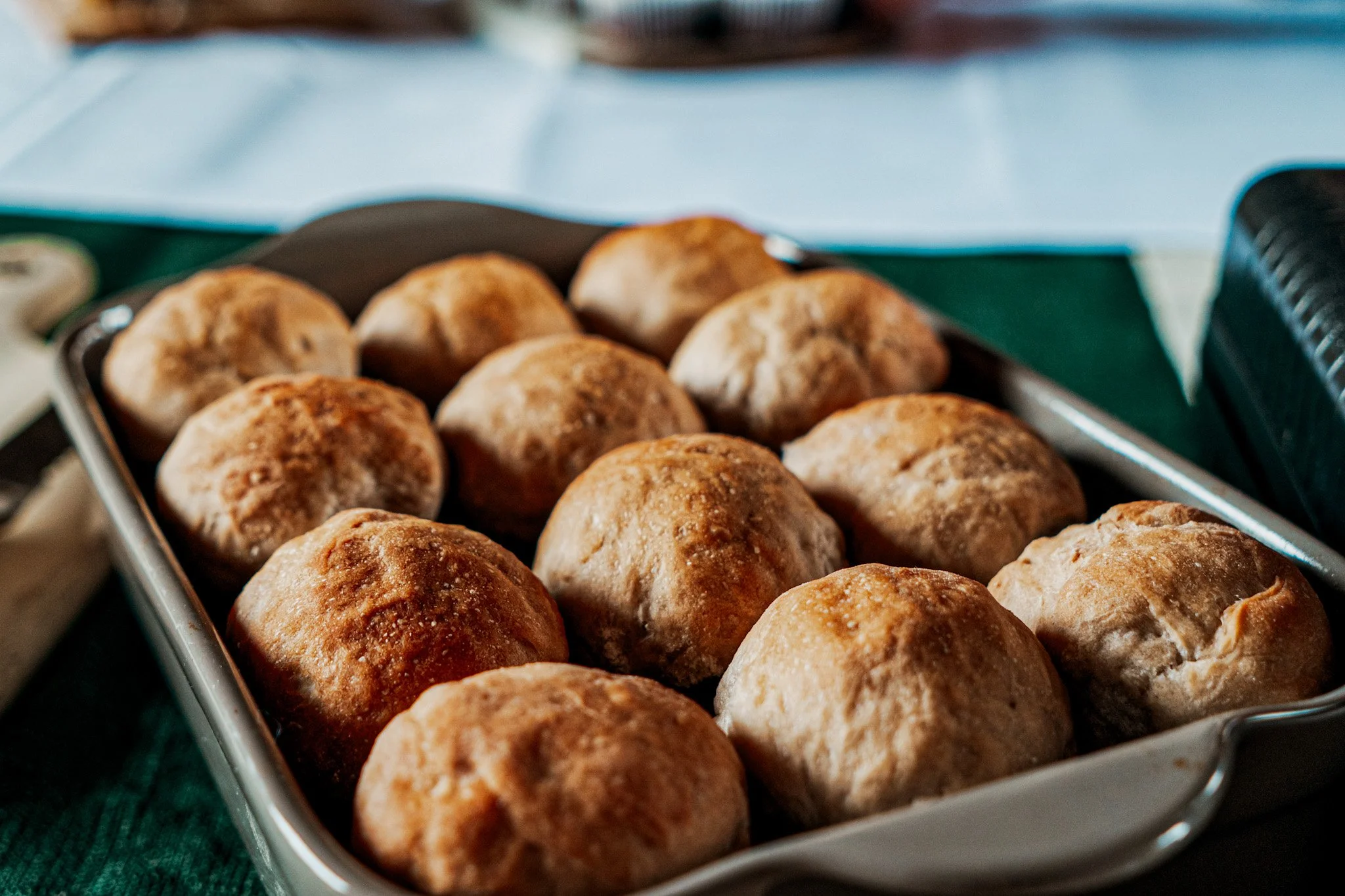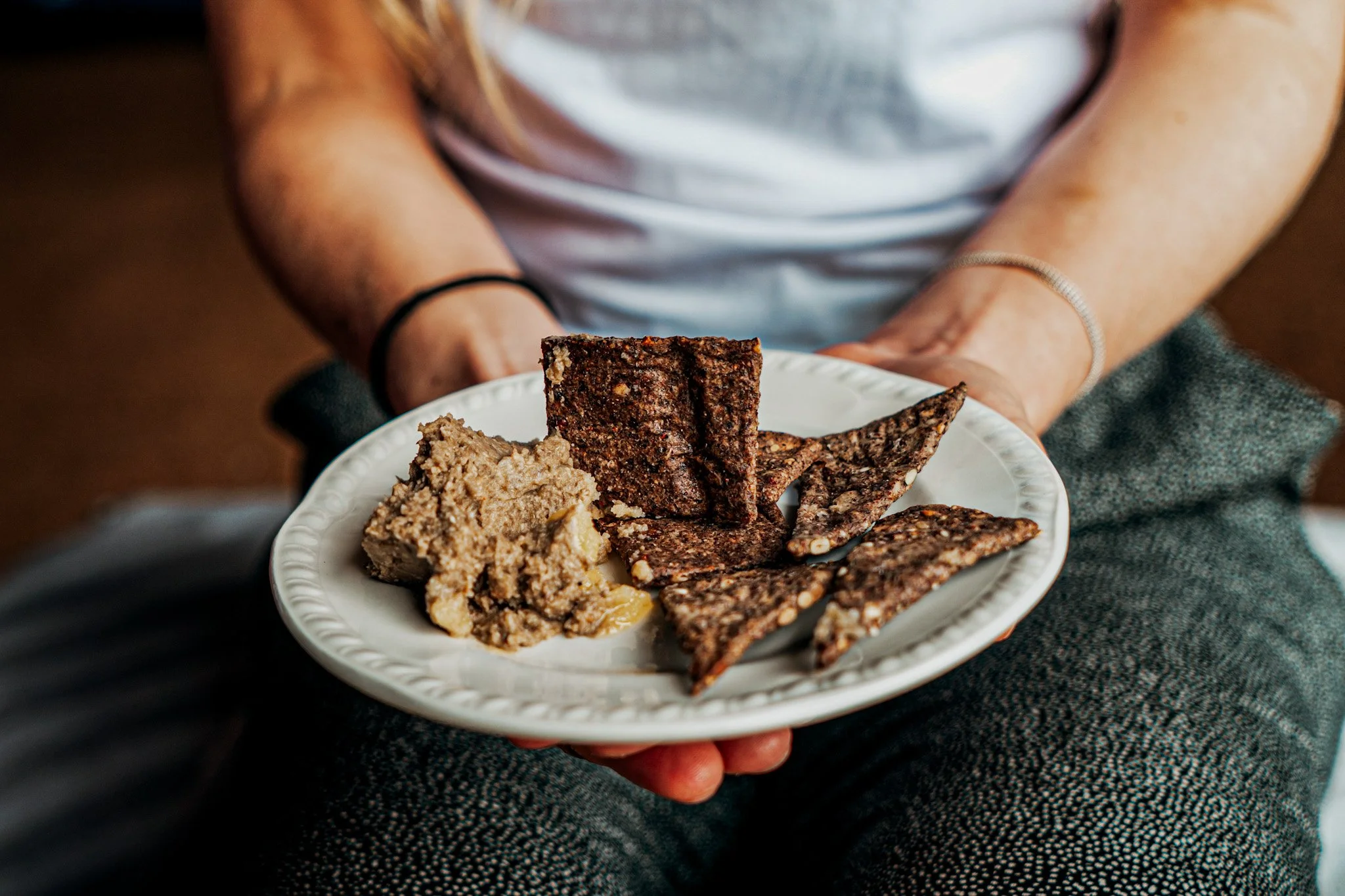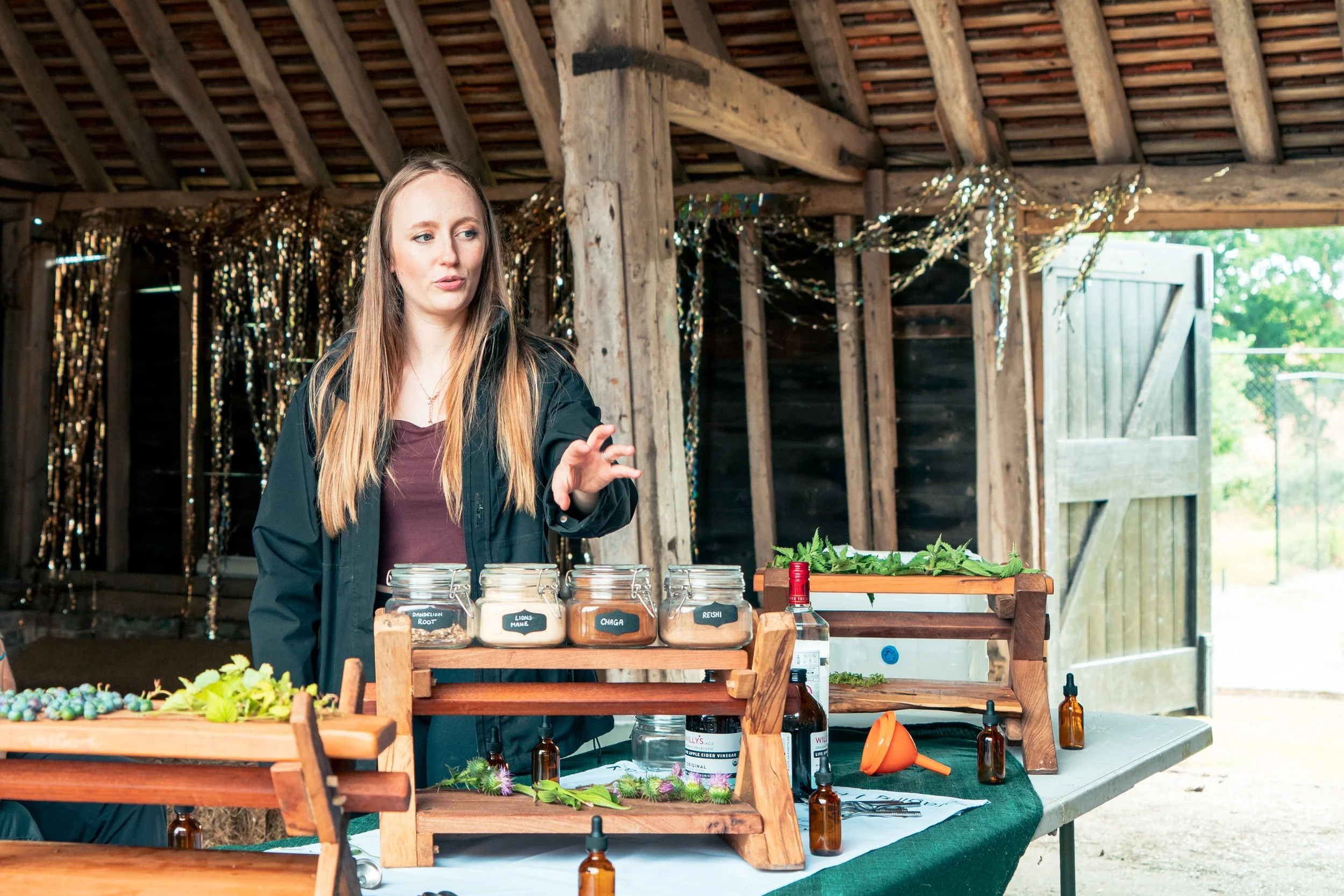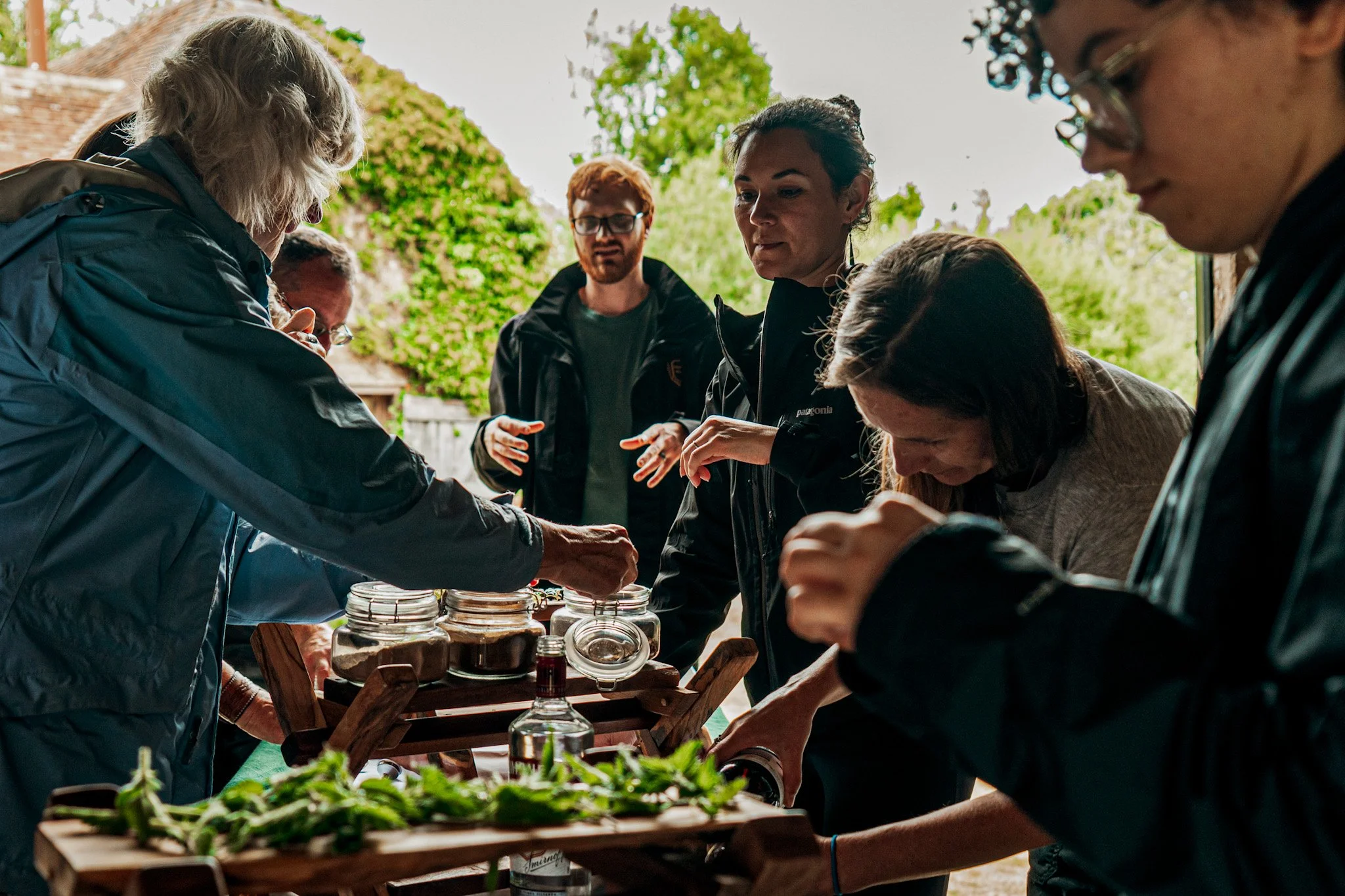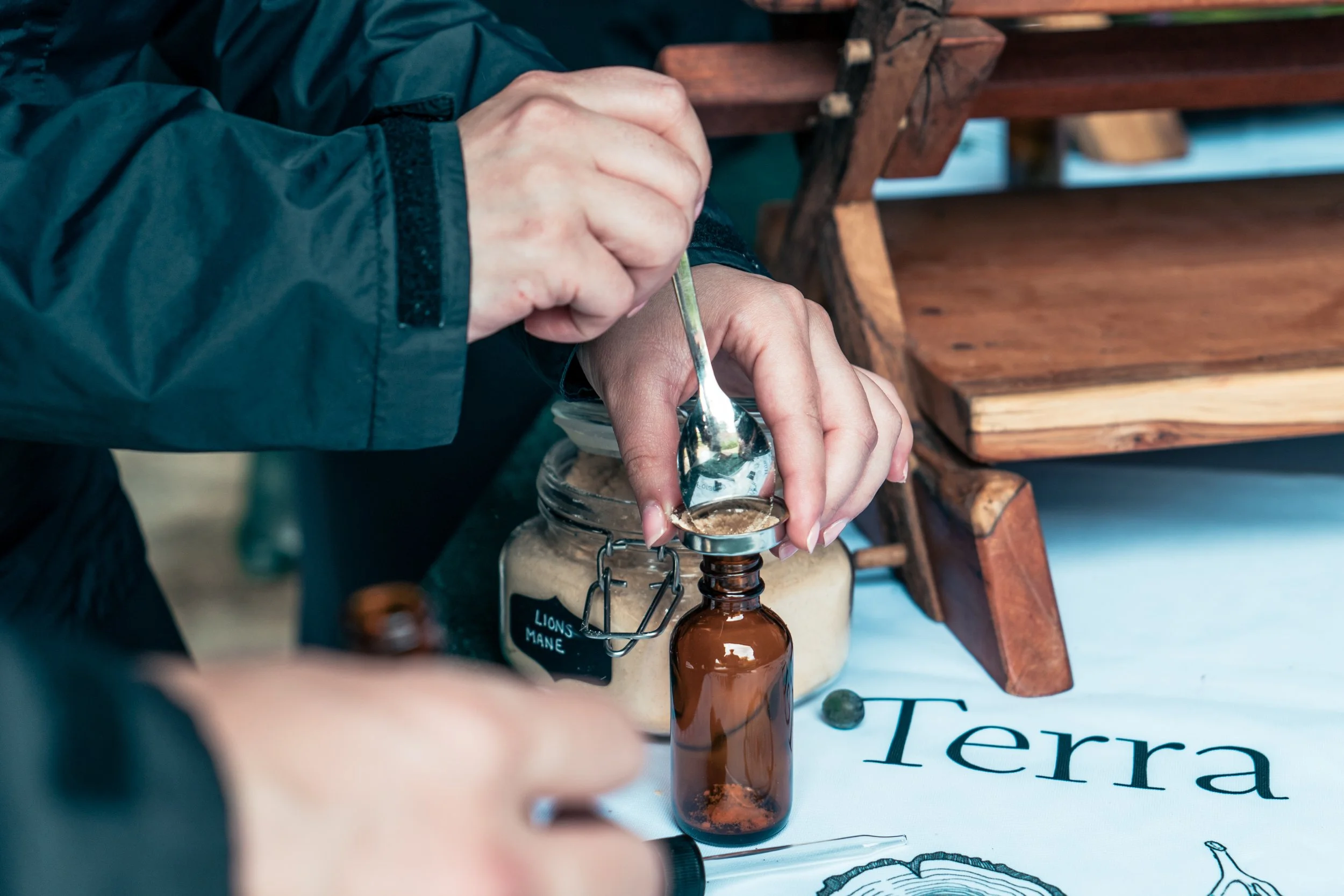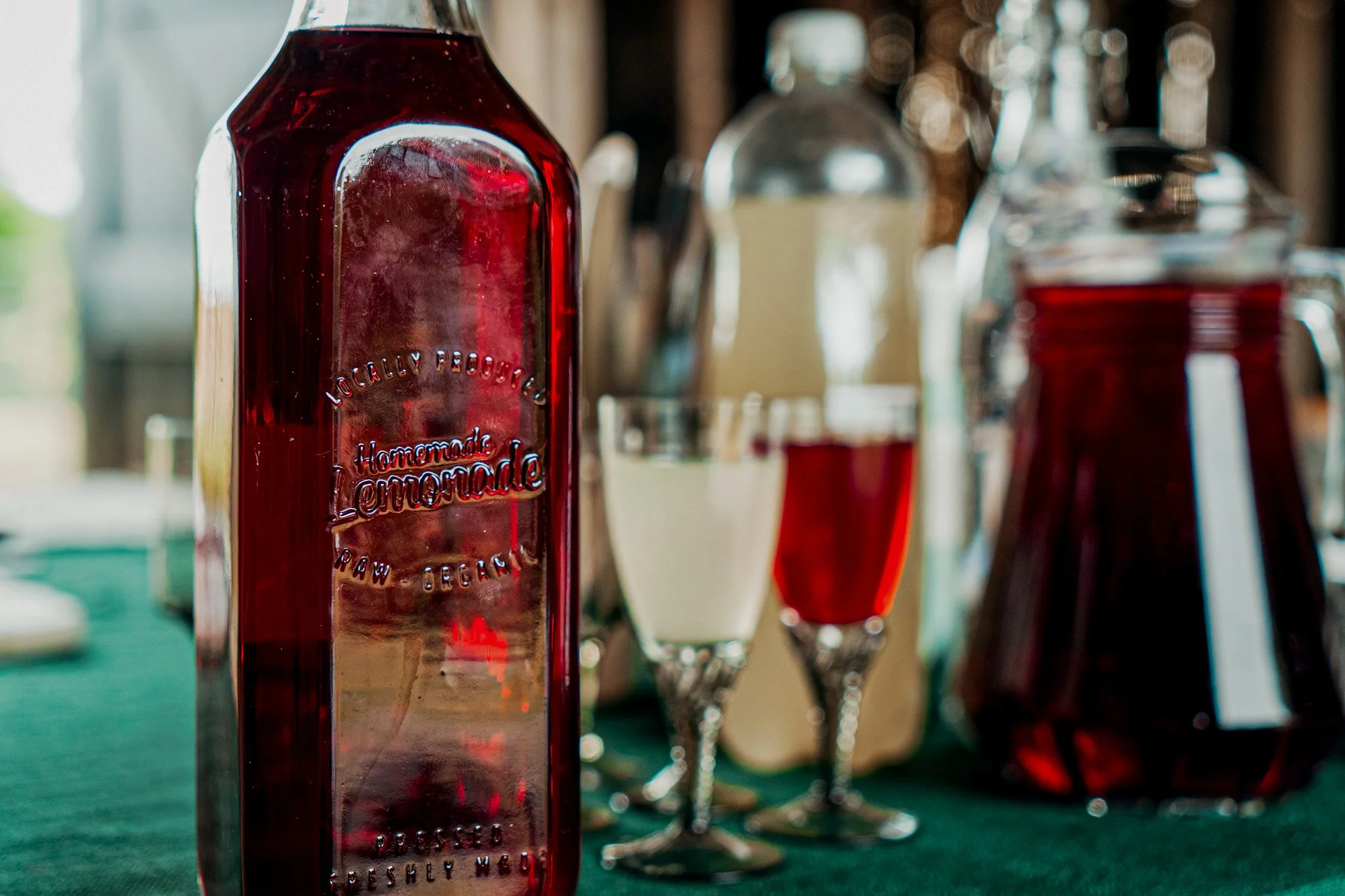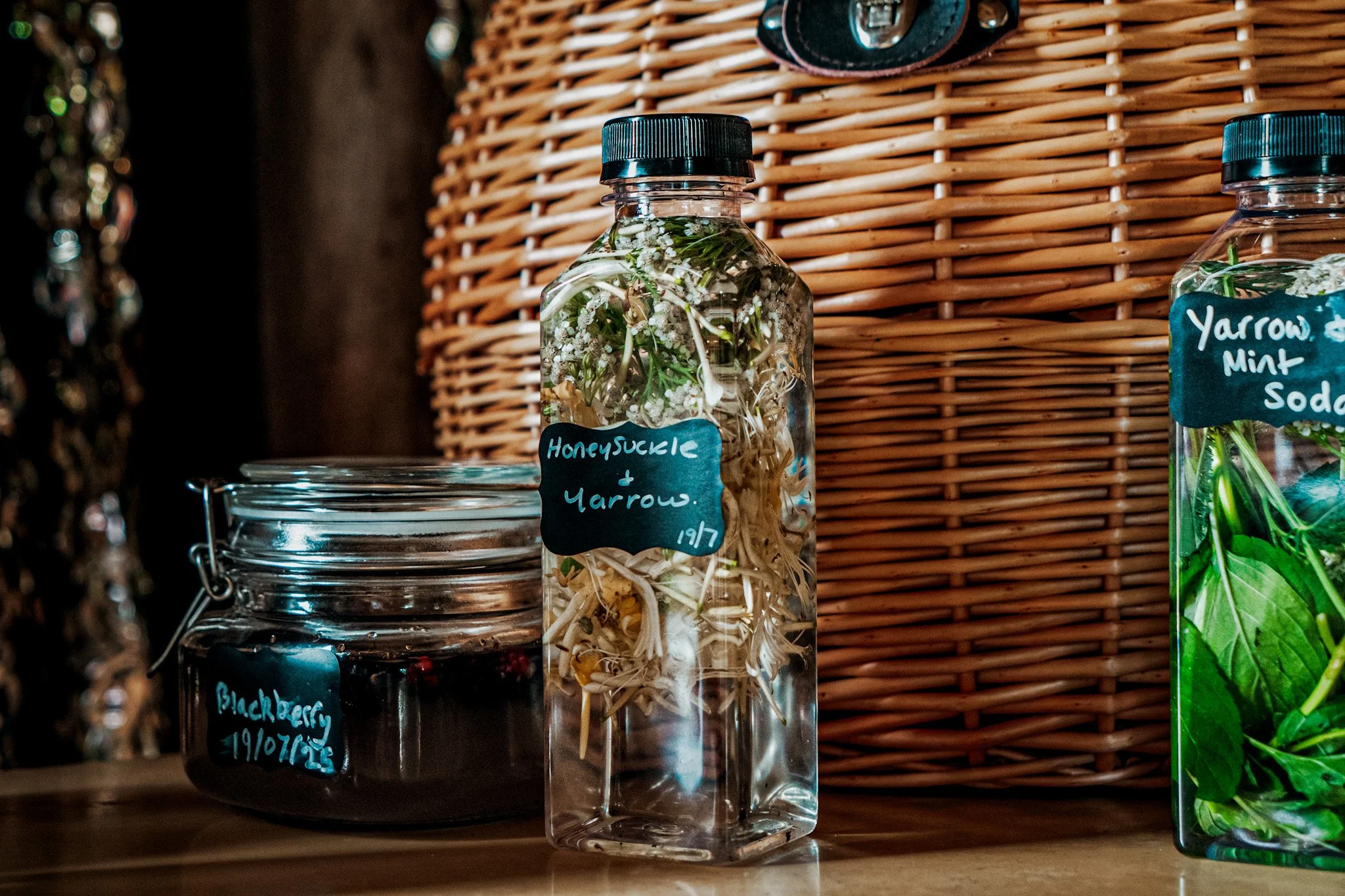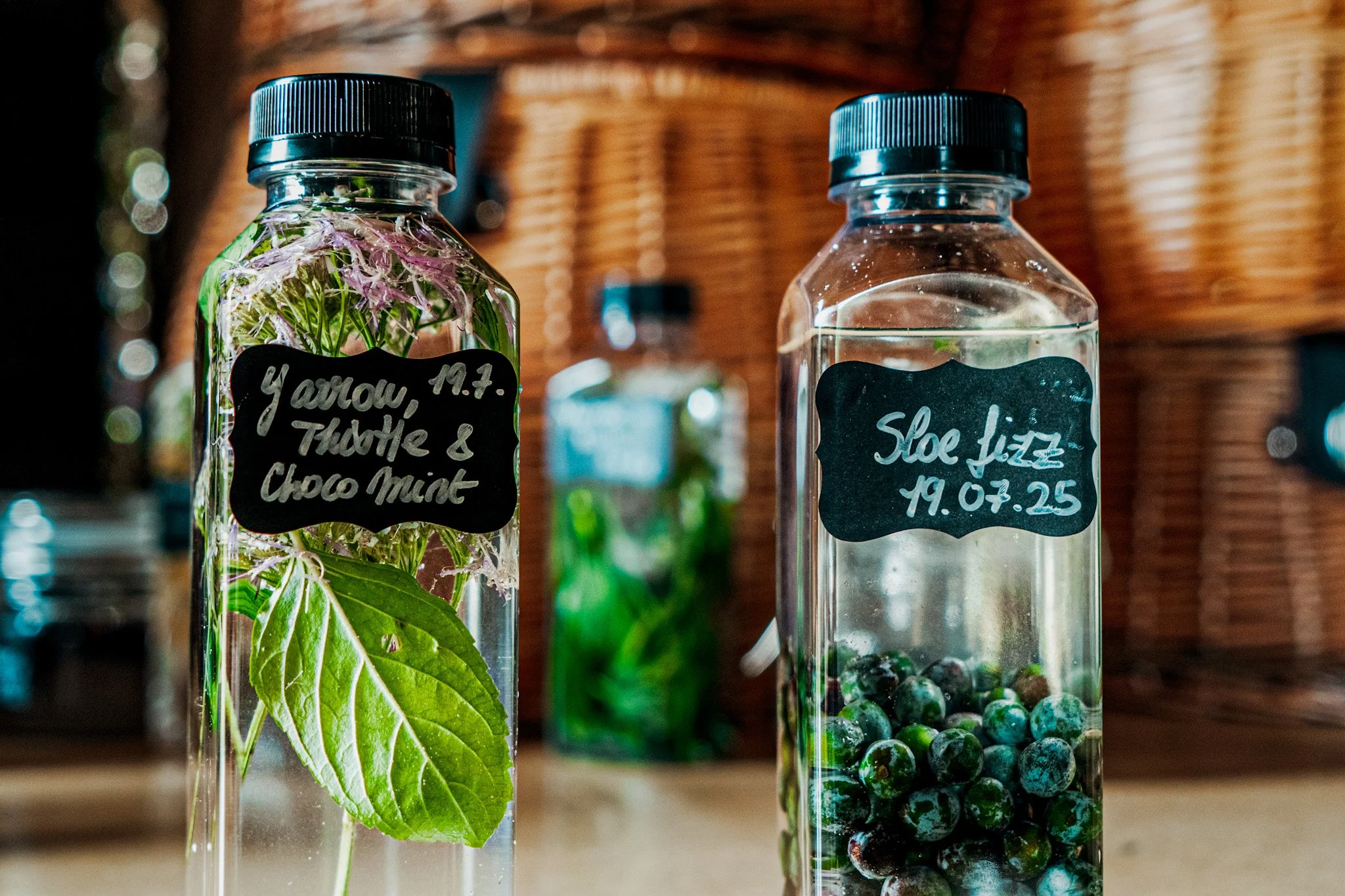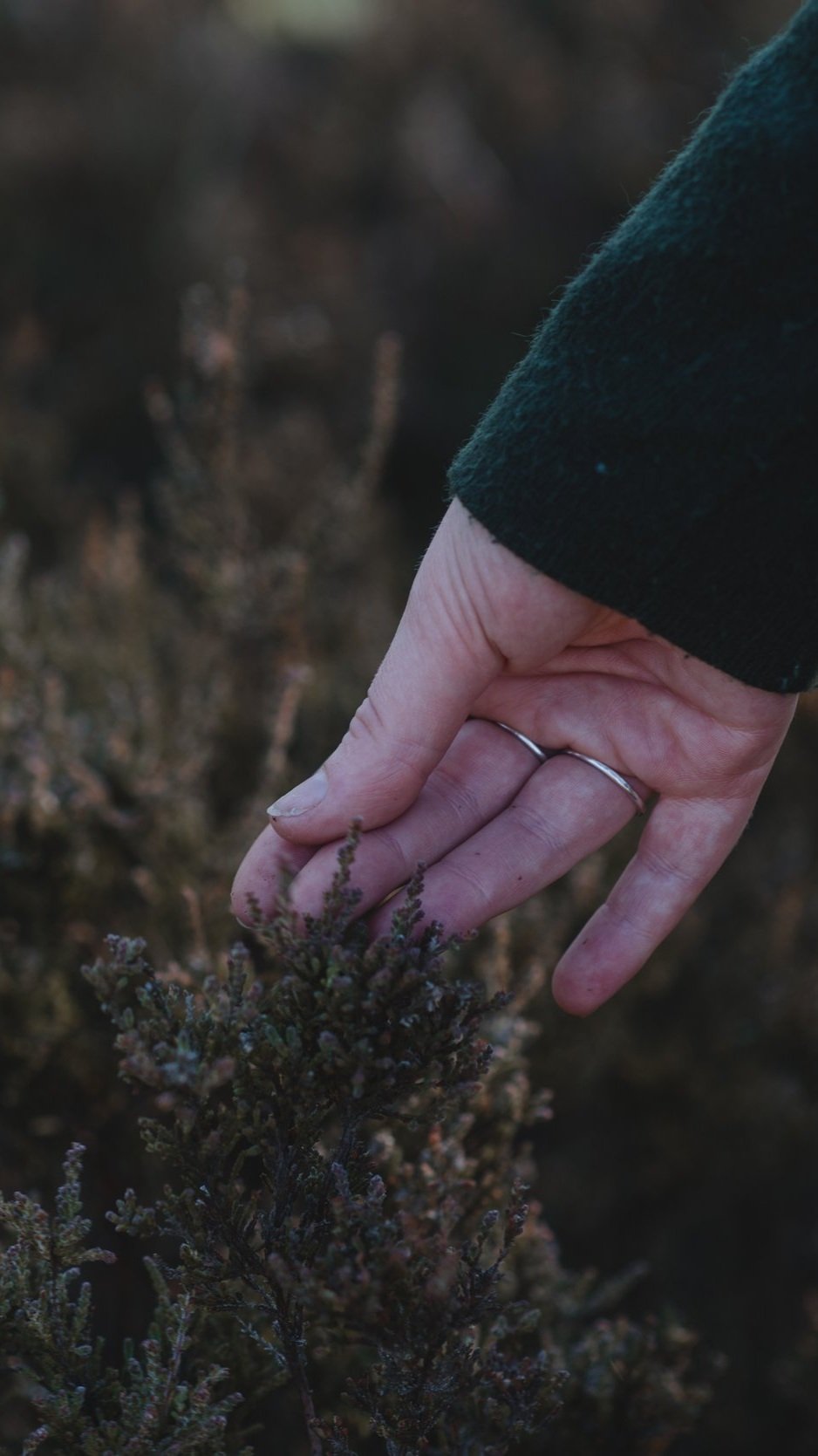Step into the wild and clear the mind with a full day foraging course through the beautiful South Downs woodlands learning what the season has to offer. Deep dive into the natural world guided by professional foragers, scientists and herbalists. Learn the myths, folklore, history, medical uses and edibility of common and unusual wild plants, trees, fungi and berries.
The perfect gift for lovers of the outdoors, hiking, nature, and herbalists and foodies. A great gift for those wanting to start a new hobby or learn more about nature. With events every weekend through the year, they are ideal for birthday surprises!
Plan for the day:
Please arrive 10 minutes before the start time to allow for introductions and get settled. The walk will start with a safety talk and overview where you can have any questions answered before we begin. We will then head out into the South Downs woodlands to bathe in nature and learn about seasonal fungi, plants, berries and trees, learning how to identify them from their toxic lookalikes, their properties, edibility, uses and more.
Then we will sit down to enjoy a full afternoon tea, highlighting the flavours of the season. Enjoy savoury pastries, sandwiches and quiches, delight in sweet cakes, scones and biscuits, all designed from wild flavours. Some examples of flavours and foods might include:
Plantain seed crackers with truffle and white bean
Dock seed crackers with wild mushroom pate
Wild grain flatbreads with nettle hummus
Tomato water with wild herb garnish
Mixed wild herb gremolata topped potato cakes
Blinis with pickled wild berries and creamy wild garlic sauce
Wild sushi with local horseradish ‘wasabi’
Savoury wild garlic scones with crab apple chutney
Sweet scones with elderflower Chantilly cream and wild berry jam
Lemon and nettle posset
Wildflower cheesecake
Wild berry jammy dodgers
Much more with seasonal menus changing each week
What to expect on the day:
Follow your senses through the journey of wild food with nature’s abundance of sweet, delicate flowers, pungent herbs and spices, umami mushrooms, juicy fruits, nutty grains and much more!
Firstly, learn how to forage with our expert leaders. Explore the edible world that surrounds you and learn how to forage safely from beginner level. Unlock the magic of mycelium, stumble upon the mysteries and mythology surrounding plants and flowers, and discover the indescribable favours of wild herbs and greens.
The secrets of nature will be revealed with our expert leaders, comprised of foragers, scientists and herbalists, giving unique perspectives on the folklore, history, uses and medicinal nature of the plants you see. Gain a newfound appreciation for your environment by learning how to identify edible plants, fungi and berries on your own, and how to incorporate them into your routines.
Finally, sit down and enjoy a wild afternoon tea carefully curated to showcase the seasonal, wild foods you find and forage for.
What’s included:
2.5 hour foraging walk
Two foraging experts to lead the walk
Full afternoon tea made with seasonal, local and foraged goods
Hot herbal tea or chilled fizz (weather dependent)
Foraging tutelage from beginner level
Plant and fungi Q&A with your instructors
Digital PDF of recipes from the day
Location details:
Set in the stunning South Downs National Park near Petworth GU28.
An email with full location and details on what to bring will be emailed to you 2 days prior so keep an eye out on your inbox and junk emails.
Have questions?
Email us at hello@terravitum.co.uk and we will do our best to answer any questions you have!
Private walks are also available. Please get in touch to talk to us about your event!
No walk you take will ever be the same again.
-
As much as we love your furry friends, they unfortunately do not love foraging! We do not allow dogs on our walks due to them getting frustrated with standing still, slow walking speeds and not getting the true attention they deserve. There are also dangers of them eating poisonous plants and fungi that we are waving around and making look extremely interesting. For the sake of your own sanity and the safety of your fur babies we recommend you leave your pooches at home.
-
We recommend a minimum age of 16 on our courses as we do talk about very complex scientific topics, touch on adult situations (such as illicit drug use through history) and we all handle extremely toxic and deadly specimens while out. If you think your child will absolutely love the course and are mature enough please get in contact and we can assess case-by-case but otherwise check out our brand-new family-friendly foraging courses!
-
We head off into the wilderness of the forests and hedgerows where it is unfortunately not accessible with steep hills, rocky ground and wayward roots. Please do get in contact with us if you have any accessibility needs and we can see what we can do and if we have sites that are more suitable.
-
We like to operate in smaller groups usually 6-12 people. This means that we can communicate effectively with everybody, all the foragers can see and hear the important information and there is the least amount of impact on the environments we are foraging in.









